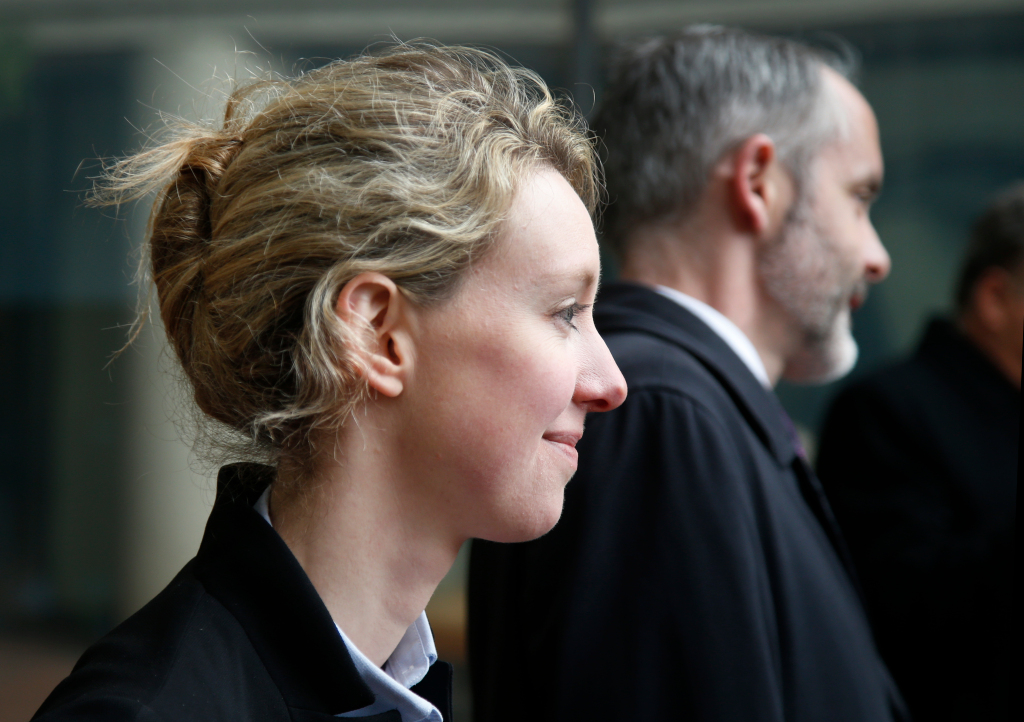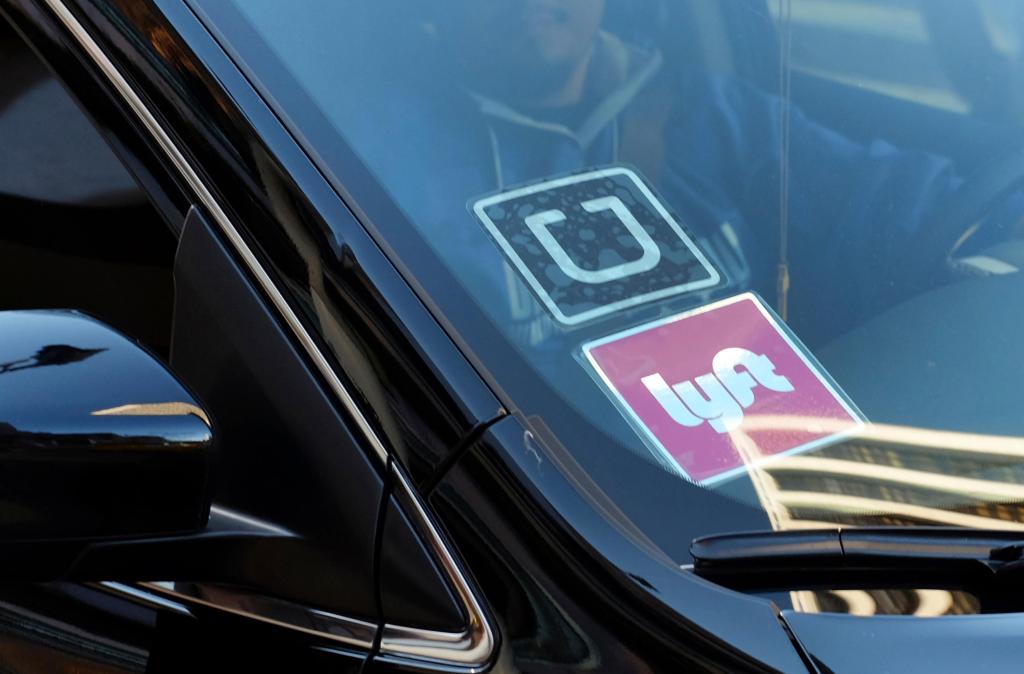Federal prosecutors fighting Theranos founder Elizabeth Holmes’s request for access to grand jury records invoked the case of a woman accused of throwing a Molotov cocktail at a New York City police van who made a similar but mostly unsuccessful bid.
The woman, Samantha Shader, who has pleaded not guilty to hurling a fire bomb during May protests against police violence, sought access to 23 documents concerning the formation of her grand jury amid the coronavirus pandemic, prosecutors in Holmes’ felony fraud case said in a court filing. In a motion last month, Holmes claimed coronavirus-related changes to the grand jury selection process may have led to her rights being violated, and she asked for access to a range of documents.
In Shader’s case, the federal court in New York granted access to only six documents, the prosecution’s filing Friday said. “The court in Shader expressly denied requests identical to those made by Holmes,” prosecutors claimed.
Holmes, a Stanford University dropout, is charged with a dozen fraud counts over her defunct Palo Alto blood-testing startup. Last month she asked Judge Edward Davila, presiding over her case in U.S. District Court in San Jose, to order that she have access to grand jury records related to her second and third indictments.
The prosecutors called Holmes’ claim that her grand jury selection process may not have drawn from the required representative cross-section of the community “without basis.”
Holmes, in her motion to obtain access to the records, cited “the disproportionate medical and economic impact that the Covid-19 crisis has had on certain populations.” Holmes’ legal team had previously raised concerns about the composition of the trial jury that could hear her case. Holmes’ lawyers plan to challenge the selection process for the grand jury whose indictment was filed July 14.
The federal court system’s COVID-19 Judicial Task Force in June advised courts to expect more prospective jurors to ask to be excused from serving because of health concerns. Even people not especially vulnerable to COVID-19 might hesitate to serve for family or work reasons, the task force warned. Courts were advised to consider bringing in fewer grand jurors than the usual 23 “in order to make a quorum of 16.”
Holmes, who founded Theranos in 2003, is charged with allegedly bilking investors out of hundreds of millions of dollars, and defrauding doctors and patients, with false claims that the company’s machines could conduct a full range of tests using just a few drops of blood. She and her co-accused, former Theranos president Sunny Balwani, have denied the allegations, with lawyers for Holmes arguing that the government’s case was “unconstitutionally vague” and lacked specific claims of misrepresentation.
Information she is seeking about grand jury selection includes documents or court rulings reflecting coronavirus-related changes to grand jury creation, along with any analyses produced to ensure the selection process was constitutional, plus the number of grand jurors who indicted her, and jurors’ attendance records.
Prosecutors countered in their filing that all that’s required to show whether the grand jurors were selected fairly is the “master list” from which jurors were randomly chosen, and that numerous courts have already made that finding. Any unfairness such as Holmes suggested would not come through juror selection, but through an improperly created master list, prosecutors argued. They said certain information associated with the list, if available, should be provided to Holmes: prospective jurors’ county of residence, zip code, race and age.
Holmes’ trial has been delayed by the pandemic. Davila, in pre-trial proceedings conducted via video-conference, has said it could start in February.










